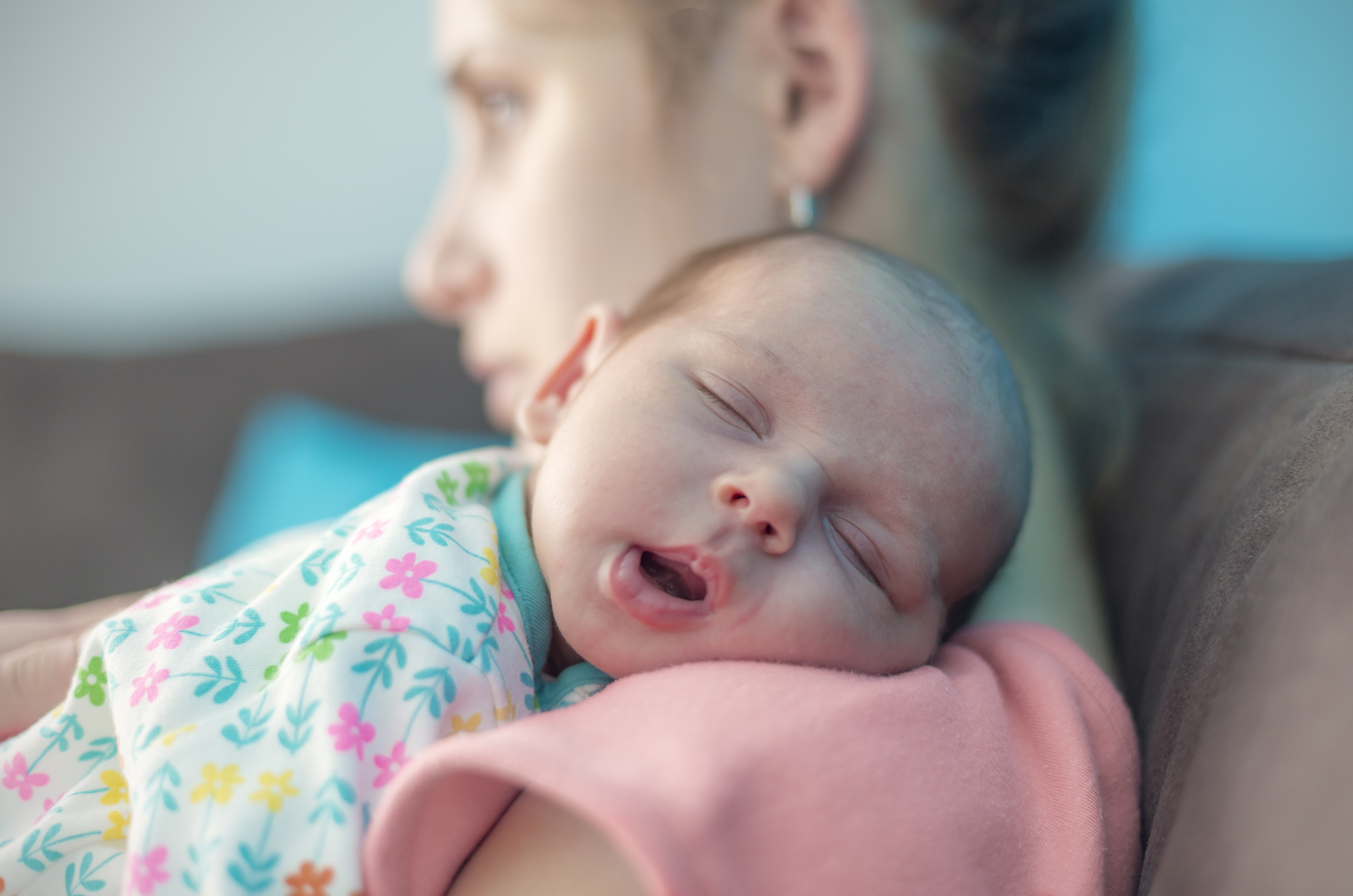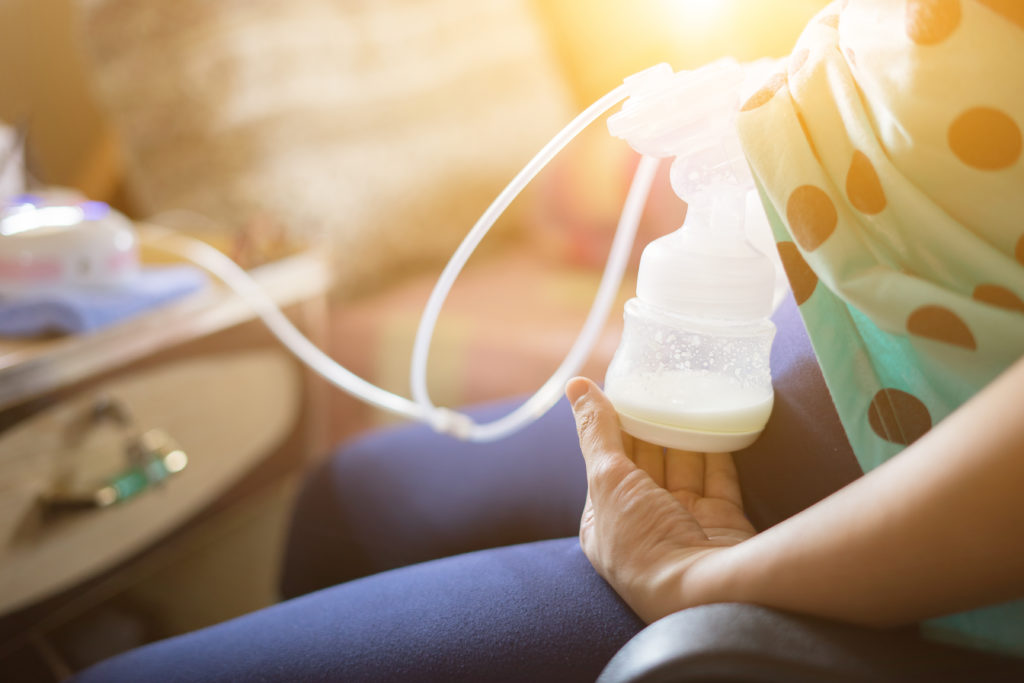Written by Candace Inge
Let’s talk about all the things we don’t like to talk about. Delivering a baby sometimes comes with postpartum challenges but there are a lot of remedies out there that may be able to help you.
One of the most common challenges after giving birth is excessive bleeding. Don’t let the word “excessive” scare you, it is heavier than a heavy period at first for most women and then tapers off over an approximate 6 week period. Most hospitals and birthing centers send you home with postpartum pads. These will be your best friends! Do not plan on being given any pads and stock up before giving birth. Postpartum pads are thicker and longer than even overnight pads and are extremely absorbent. These can be purchased as washable pads or disposable. Washable postpartum pads can be purchased through Amazon and other online retailers. Disposable postpartum pads can be purchased at most drugstores and big box stores like CVS and Target.
Padscicles, because your vagina will be sore and irritated. Again, most hospitals and birthing centers will send you home with some but these are easy to make yourself.
What you need:
Chlorine free maxi pads
Witch Hazel
Aloe Vera
Spray bottle
Freezer bags
Directions:
Remove maxi pad from wrapper and open carefully. Add a thin layer of aloe vera to the entire length of pad. Pour witch hazel into spray bottle and spray a light mist on pad. It does not need to be saturated. Refold pad and place in freezer bag. Remove from freezer and use as needed to soothe irritation.
Breast problems like swelling or mastitis (infection that is common during the breastfeeding phase) are things you can talk to your postpartum doula, lactation consultant, and doctor about. Sometimes the treatments are as simple as expelling your milk after a feeding and taking Tylenol while some while other, more serious symptoms, may require a prescription antibiotic. Although it may seem difficult to continue to breastfeed or pump while dealing with pain and swelling, it is safe to continue doing so.
Difficulty regaining your pre-pregnancy shape is something a lot of new moms stress about. DON’T! It is normal to go home in your maternity pants, you just grew a tiny human and another organ (the lovely Placenta) for the last 40 weeks, your body isn’t going to bounce right back. Society puts too much pressure on appearance and loving your body, no matter how it looks, is a beautiful thing. Be sure to surround yourself with people who encourage healthy eating and reasonable exercise habits. That is NOT realistic for most women. Love your stretch marks because they are a result of the beautiful baby you are holding and give yourself a break.
Just like during your pregnancy, your doctor will continue to monitor your weight postpartum and they can better tell you if there are needed changes to your diet or exercise routine. It is important to remember, your body needs time to recover, especially if you had a c-section, so don’t take on too much too soon.
Postpartum Depression (PPD) can cause a number of things. A lot of moms suffer from mood swings postpartum due to the fluctuating hormones while trying to adjust to breastfeeding and trying to find a new routine but some moms suffer from mood swings in excess. These mood swings may include but are not limited to: crying fits, changes in appetite, feeling overwhelmed, trouble bonding with your baby, insomnia, and severe anxiety. In extreme, yet rare, cases some women suffer from postpartum psychosis. Talk to your doctor if you think you may be suffering from PPD, it is not something to feel ashamed or embarrassed about.
It is important to go to all scheduled follow up visits with your OBGYN after birth even if you feel you don’t need to go because your doctor will ask important questions to determine if you are suffering from PPD. Your new baby’s pediatrician may also ask you some questions about how you are feeling emotionally, don’t be offended, they are just trying to help new moms.
An interesting fact that most people don’t take into consideration is that dad’s can also suffer from PPD. There is a lot of new emotions, routines, and changes happening for dad too. If you think dad is suffering from PPD, encourage him to see his doctor.



Leave a Reply